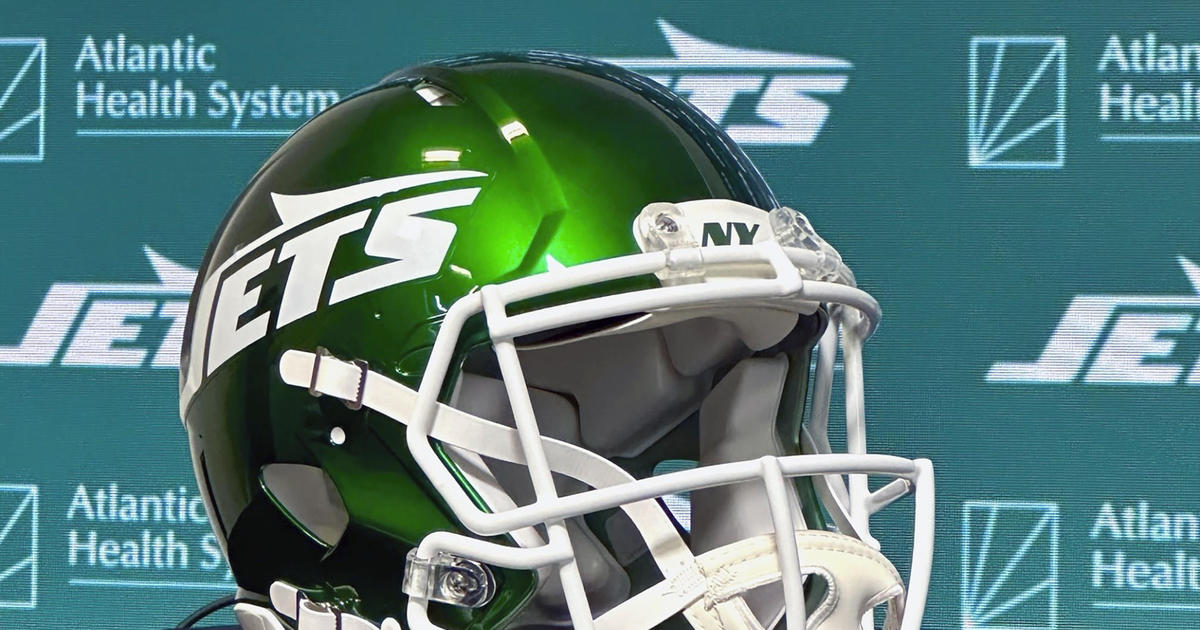Nina In New York: More Good Reasons Not To Eat Your Placenta
A lighthearted look at news, events, culture and everyday life in New York. The opinions expressed are solely those of the writer.
______________
By Nina Pajak
You've heard about it. You know someone who has done it. You've made fun of it, or laughed along with a joke in a movie, or maybe you've even done it yourself (if you have, stop reading here). It's gross and weird and woo-woo and officially debunked.
I'm speaking, of course, about eating placenta. Placentophagy to you.
It's the sort of thing that celebrities do because they have too much free time and money not to get into some weird stuff. People who do it claim it helps with everything from postpartum depression to lactation and post-delivery healing. They cite studies of other mammals in nature as their guide, pointing out that we are the only ones who discard this natural gift.
I just want to point out that my dog also eats poop. Goose poop is his favorite; his predecessor preferred his own.
Perhaps you're the open-minded type. Perhaps you are considering whipping up a batch of fresh placenta after giving birth to your next child, but you're just not sure whether it's the right thing, or which wine to serve with it. Well, researchers from Northwestern University took a look at the studies that are out there and drew several conclusions:
1. The animal studies have no bearing on human biology.
2. There is absolutely no legitimate, scientific proof that eating placenta helps us in any way.
3. It's best served with a full-bodied red, but they recommend you hold the placenta and replace it with something that isn't completely nauseating.
4. It's almost as likely that there could be harm done by engaging in the practice.
To the last point, they point out that the placenta's job is the filter toxins and harmful substances away from the fetus while in utero. Pollutants like mercury and lead, for instance, which have been found along with bacteria and viruses in human placenta. Placenti? Placentases. Not to mention that, while animals in the wild gobble them up immediately following birth (barf), we get all weird and human about it and store, liquefy, dry, encapsulate, even fry ours before eating them. That introduces a whole unstudied element of sanitary risks and dosing standards.
They suspect that placentophagy's popularity is mainly due to placebo effect. But at the very least, they can say with certainty that the jury is way, way out. Like, way out. As in, they're still at home staring at their prospective juror forms and wondering whether they can use their cat's recent kidney issues as a way to get out of serving. They're sending back their deferral forms now. They're throwing away their questionnaire as we speak, civics be damned. I mean, what's anyone really going to do about it? Are the cops going to come? Has anyone actually ever been arrested for dereliction of jury duty? Come on.
Anyway, I don't imagine that hard science and rigorous, academic studies are particularly important factors for people who choose to ingest something that came out of their own vaginas. But I, for one, am just glad that I can rest assured in my decision not to eat my own internal organs. Thanks science, I owe ya one.
Nina Pajak is a writer living with her husband, daughter and dog in Queens. Connect with Nina on Twitter!



